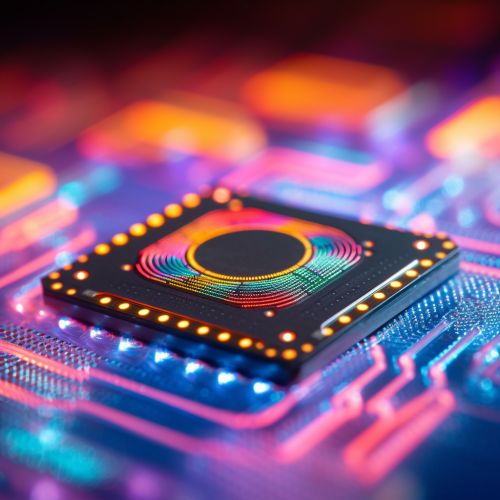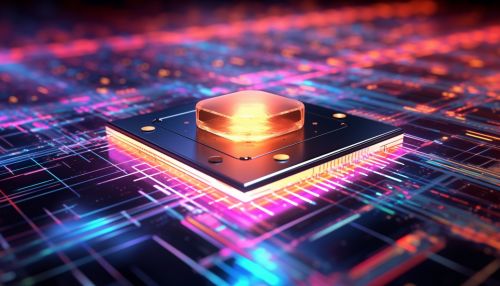The Physics of Quantum Computing with Silicon Qubits
Introduction
Quantum computing is a rapidly evolving field of study that leverages the principles of quantum mechanics to perform computations. One of the key components of a quantum computer is the quantum bit, or qubit, which is the basic unit of quantum information. Unlike classical bits, which can be either 0 or 1, qubits can exist in a superposition of states, enabling quantum computers to process a vast number of computations simultaneously.
Silicon qubits are a type of qubit that are fabricated using silicon, a material widely used in the semiconductor industry. The use of silicon in the construction of qubits offers several advantages, including the potential for scalability and integration with existing silicon-based technology infrastructure.


Quantum Mechanics and Quantum Computing
Quantum mechanics is a branch of physics that describes the behavior of particles at the atomic and subatomic levels. It introduces several key concepts that are fundamental to quantum computing, such as superposition and entanglement.
- Superposition ###
In quantum mechanics, superposition refers to the ability of a quantum system to exist in multiple states at once. For a qubit, this means it can be in a state of 0, 1, or any combination of both. This property allows quantum computers to process a vast amount of information simultaneously, vastly outperforming classical computers for certain tasks.
- Entanglement ###
Entanglement is another quantum phenomenon that plays a crucial role in quantum computing. When two qubits become entangled, the state of one qubit becomes directly correlated with the state of the other, no matter the distance between them. This property is used in quantum computing to link qubits together, enabling complex computations to be performed.
Silicon Qubits
Silicon qubits are a type of qubit that are fabricated using silicon. There are several types of silicon qubits, including electron spin qubits and quantum dot qubits.
- Electron Spin Qubits ###
Electron spin qubits are a type of silicon qubit that utilize the spin of an electron to store and manipulate quantum information. The spin of an electron can be in one of two states, up or down, which can be used to represent the 0 and 1 states of a qubit.
- Quantum Dot Qubits ###
Quantum dot qubits, on the other hand, use the charge of an electron to store quantum information. In a quantum dot, electrons are confined in a small region of space, creating discrete, quantized energy levels that can be used to represent the 0 and 1 states of a qubit.
Advantages of Silicon Qubits
There are several advantages to using silicon in the fabrication of qubits.
- Scalability ###
One of the main advantages of silicon qubits is their potential for scalability. Silicon is the primary material used in the semiconductor industry, and the techniques for fabricating silicon-based devices are well-established. This means that silicon qubits could potentially be manufactured on a large scale using existing infrastructure.
- Long Coherence Times ###
Silicon qubits also exhibit long coherence times. Coherence time is a measure of how long a qubit can maintain its quantum state before it decoheres due to interaction with its environment. Longer coherence times allow for more complex computations to be performed.
- Integration with Existing Technology ###
Another advantage of silicon qubits is their compatibility with existing silicon-based technology. This could potentially make the integration of quantum computers with classical computers more straightforward.
Challenges and Future Directions
Despite the potential advantages of silicon qubits, there are several challenges that need to be addressed. These include the difficulty of isolating qubits from their environment to prevent decoherence, and the challenge of accurately manipulating and reading the state of individual qubits.
Research is ongoing to address these challenges and to further develop the technology of silicon qubits. The future of quantum computing with silicon qubits is promising, with potential applications in a wide range of fields, from cryptography to drug discovery.
